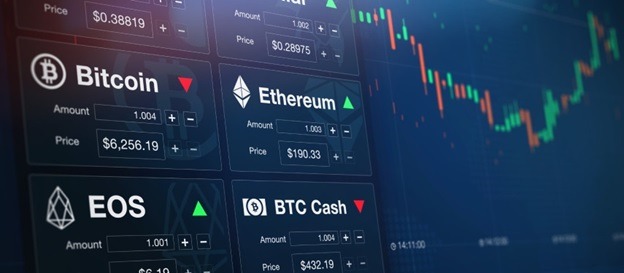In the rapidly evolving landscape of cryptocurrency trading and investing, selecting the right exchange platform is crucial for both beginners and experienced traders alike. With a plethora of options available, each offering unique features and functionalities, it’s essential to conduct thorough research and analysis to make informed decisions. In this expert guide, we explore the factors to consider when choosing a crypto exchange and provide insights to help you navigate the market effectively.
Understanding Exchange Types
Centralized Exchanges (CEXs)
Centralized exchanges operate as intermediaries between buyers and sellers, facilitating trading through a centralized platform. These exchanges typically offer a user-friendly interface, high liquidity, and a wide range of trading pairs. However, they require users to deposit funds into a centralized wallet, which poses security risks, as exchanges may become targets for hackers. Additionally, centralized exchanges are subject to regulatory scrutiny and may impose restrictions on users.
Decentralized Exchanges (DEXs)
Decentralized exchanges operate on blockchain networks, allowing users to trade directly with one another without the need for intermediaries. DEXs offer greater privacy, security, and censorship resistance compared to centralized exchanges. By leveraging smart contracts, DEXs enable trustless trading, where users retain control of their funds throughout the trading process. However, DEXs often have lower liquidity and limited trading pairs compared to centralized exchanges.
Factors to Consider
Security Measures
Security should be a top priority when selecting a crypto exchange. Look for platforms that employ robust security measures, such as two-factor authentication (2FA), cold storage for funds, encryption protocols, and regular security audits. Additionally, consider the exchange’s track record in handling security incidents and its responsiveness to addressing vulnerabilities. Choosing a reputable exchange with a strong focus on security can help safeguard your assets against potential threats.
Liquidity and Trading Volume
Liquidity is essential for efficient trading, as it ensures that orders can be executed promptly without significant price slippage. Evaluate the liquidity and trading volume of the exchange, particularly for the cryptocurrencies you intend to trade. Higher liquidity often translates to tighter bid-ask spreads and better price discovery, enhancing trading opportunities and reducing transaction costs. Pay attention to exchanges with active trading communities and a diverse range of trading pairs to access ample liquidity.
Supported Cryptocurrencies and Trading Pairs
Consider the range of cryptocurrencies and trading pairs supported by the exchange, as it determines the diversity of investment opportunities available to you. Choose an exchange that offers a comprehensive selection of cryptocurrencies, including major coins like Bitcoin (BTC) and Ethereum (ETH), as well as lesser-known altcoins. Additionally, assess the availability of fiat trading pairs if you intend to trade cryptocurrencies against traditional fiat currencies like USD or EUR.
Fees and Trading Costs
Examine the fee structure of the exchange, including trading fees, withdrawal fees, and deposit fees. While some exchanges offer competitive fee rates, others may impose higher charges, particularly for certain services or trading activities. Pay attention to hidden fees and consider the overall cost of trading on the platform, taking into account factors such as spreads, slippage, and funding rates. Opt for exchanges with transparent fee policies and affordable trading costs to maximize your returns.
Conclusion
Choosing the right crypto exchange is essential for optimizing your trading and investment experience in the cryptocurrency market. By considering factors such as security measures, liquidity, supported cryptocurrencies, and fees, you can select a platform that aligns with your trading objectives and risk tolerance. Whether you prefer the convenience of centralized exchanges or the security of decentralized exchanges, conducting thorough due diligence and research is paramount. Remember to stay informed about the latest developments in the cryptocurrency space and adapt your trading strategy accordingly to capitalize on emerging opportunities.
